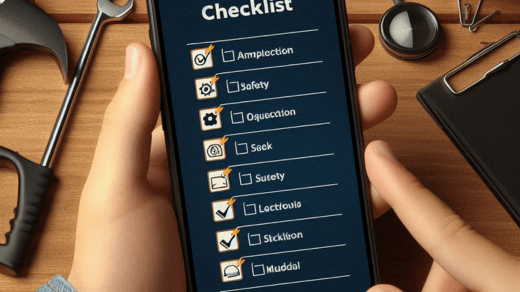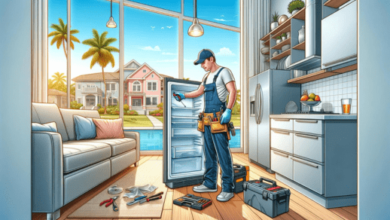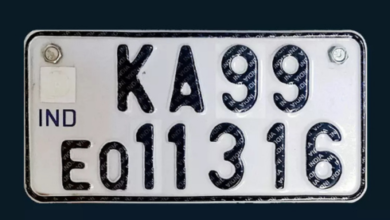
Inspection software has revolutionized how businesses conduct evaluations, particularly in the field of mystery shopping. This software simplifies the process of creating inspection checklists, ensuring consistent and thorough assessments across various industries. Mystery shopping involves anonymous evaluators posing as regular customers to assess the quality of service, product offerings, and overall customer experience. Here’s how different industries can leverage inspection software for effective mystery shopping:
1. Retail Industry
The retail industry is one of the primary beneficiaries of inspection software for mystery shopping. Retailers often need to evaluate customer service, store cleanliness, product placement, and pricing accuracy. By using inspection software, managers can create detailed checklists that mystery shoppers can easily follow. This ensures consistency in the evaluation process, allowing retailers to compare performance across different locations or time periods.
For example, a clothing store might use a mobile inspection software to create a checklist that includes criteria such as greeting customers within a certain timeframe, the appearance of fitting rooms, and the availability of promotional materials. The software can also provide real-time feedback, allowing store managers to address any issues immediately.
2. Hospitality Industry
In the hospitality industry, guest experience is paramount. Hotels, restaurants, and resorts use mystery shopping to ensure that their service standards are met. Inspection software can be used to create checklists covering various aspects of the guest experience, from check-in procedures to the quality of room service.
For instance, a hotel might use inspection software to create a checklist that evaluates the friendliness and efficiency of the front desk staff, the cleanliness of rooms, and the availability of amenities. By standardizing these evaluations, the hotel can identify areas for improvement and maintain a high level of service across all locations.
3. Automotive Industry
Car dealerships and service centers can also benefit from inspection software in their mystery shopping programs. In the automotive industry, mystery shoppers assess the quality of customer service, the knowledge of sales staff, and the transparency of pricing.
Using inspection software, dealerships can create detailed checklists that mystery shoppers can use to evaluate each step of the buying process. For example, the checklist might include items such as whether the salesperson provided information about financing options, the cleanliness of the showroom, and the timeliness of service in the maintenance department. This level of detail helps dealerships maintain high standards and improve customer satisfaction.
4. Banking and Financial Services
Banks and financial institutions are increasingly using mystery shopping to assess the quality of their customer service and the adherence to regulatory standards. Inspection software can be particularly useful in this industry, where compliance and customer trust are critical.
A bank might use inspection software to create a checklist for mystery shoppers that includes criteria such as the friendliness of tellers, the clarity of information provided about financial products, and the security measures in place at the branch. By ensuring that all aspects of the customer experience are evaluated consistently, banks can maintain their reputation and ensure compliance with industry regulations.
5. Healthcare Industry
The healthcare industry, including hospitals, clinics, and pharmacies, is another sector where inspection software can be used effectively for mystery shopping. Patient care and the quality of service are crucial in this industry, and mystery shopping can help identify areas for improvement.
For example, a hospital might use inspection software to create a checklist that evaluates the professionalism of staff, the cleanliness of facilities, and the efficiency of the appointment process. By using standardized checklists, healthcare providers can ensure that all aspects of patient care are assessed thoroughly and consistently.
6. Restaurant and Food Service Industry
Restaurants and food service establishments use mystery shopping to ensure that their food quality, service, and cleanliness meet the desired standards. Inspection software allows restaurant managers to create checklists that cover every aspect of the dining experience.
For instance, a restaurant might create a checklist that includes items such as the accuracy of order taking, the cleanliness of the dining area, the presentation of dishes, and the attentiveness of the staff. This allows for a comprehensive evaluation of the restaurant’s operations, helping to maintain a high level of service and customer satisfaction.
Conclusion
Inspection software provides a powerful tool for businesses across various industries to conduct effective mystery shopping programs. By enabling the creation of detailed, standardized checklists, this software ensures that all aspects of the customer experience are evaluated consistently. Whether in retail, hospitality, automotive, banking, healthcare, or the restaurant industry, inspection software helps businesses maintain high standards, improve customer satisfaction, and ultimately, achieve greater success.





